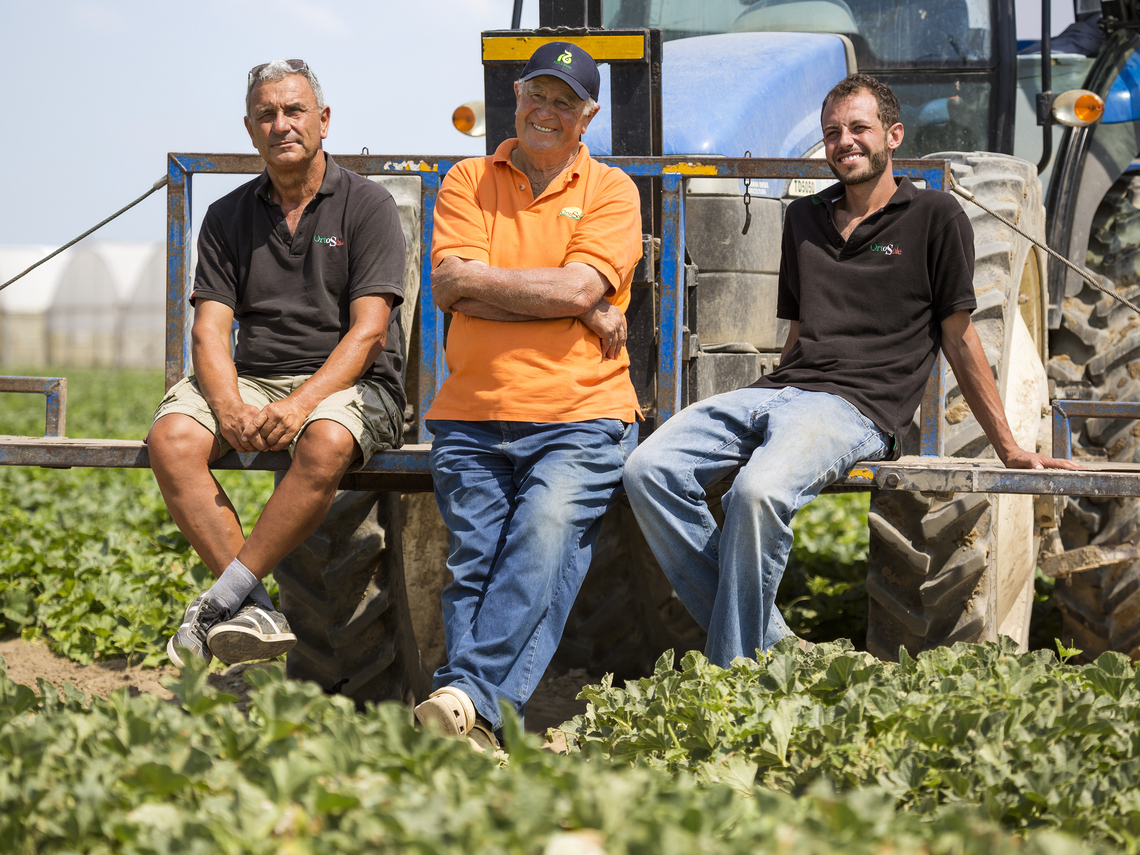The ambitious goal of reducing CO2 emissions by 90 percent by 2040 may be difficult to accept in Poland, but there are fewer and fewer willing to do so in Germany as well. The decision may fall on the Polish presidency and depend on … farmers – writes Wojciech Jakóbik, editor-in-chief at BiznesAlert.pl.
The optimistic statements made by Poland’s Deputy Minister for Climate and Environment Urszula Zielińska about reducing CO2 emissions by 90 percent by 2040 have been already commented on by a new Deputy Minister Krzysztof Bolesta who said that Poland has not yet agreed to this EU target. Poland wants to hold public consultations about this goal, postponing the discussion for several months. The Ministry of Climate and Environment also ritually underscores the importance of nurturing a just energy transition, carrying forward a tradition that spans over a decade. Some elements of Poland’s energy and climate policy remain constant.
There is, of course, room for manoeuvre between the EU and national objectives. It is possible to revise the EU target and propose different levels of national contribution. In return it is possible to receive support and preferential treatment, which did happen in the past, for instance when additional money was acquired from the Just Transition Fund and the capacity market was extended until 2028.
Poland won’t seek new commitments under the intermediate goal of a 90% reduction by 2040, as it has already embraced these commitments within the EU plan for achieving climate neutrality by 2050. There is no question of making a 90% reduction by 2040 a national goal. Poles continue to remind Brussels that economies have different starting points and financial challenges. The Polish People’s Party (member of the governing coalition in Poland – ed.) is concerned about food security, which according to them may be put at risk as a new target may impact agriculture. Poles give themselves time to take an official position until the end of the public consultation.
One of the reasons is that Poland takes over the presidency of the European Union in January 2025. Another thing is elections in Germany, which are scheduled for autumn 2025, but may take place even earlier due to the weakening position of the traffic lights coalition. But even now, the dispute over climate policy is paralyzing Berlin’s decision-making on climate issues. Meanwhile, the Christian right, with whom the Polish government has good contacts thanks to cooperation in the European People’s Party, are doing well in the polls. Relations with farmers, whose protests against the European Green Deal have swept across Europe and whose critics fear that this popular movement will be taken over by populists, extremists and pro-Russian forces, will also play an important role in this.
This means that we can wait up to a year for a decision on the new CO2 reduction target in the European Union, but it may largely depend on Poland and farmers.









